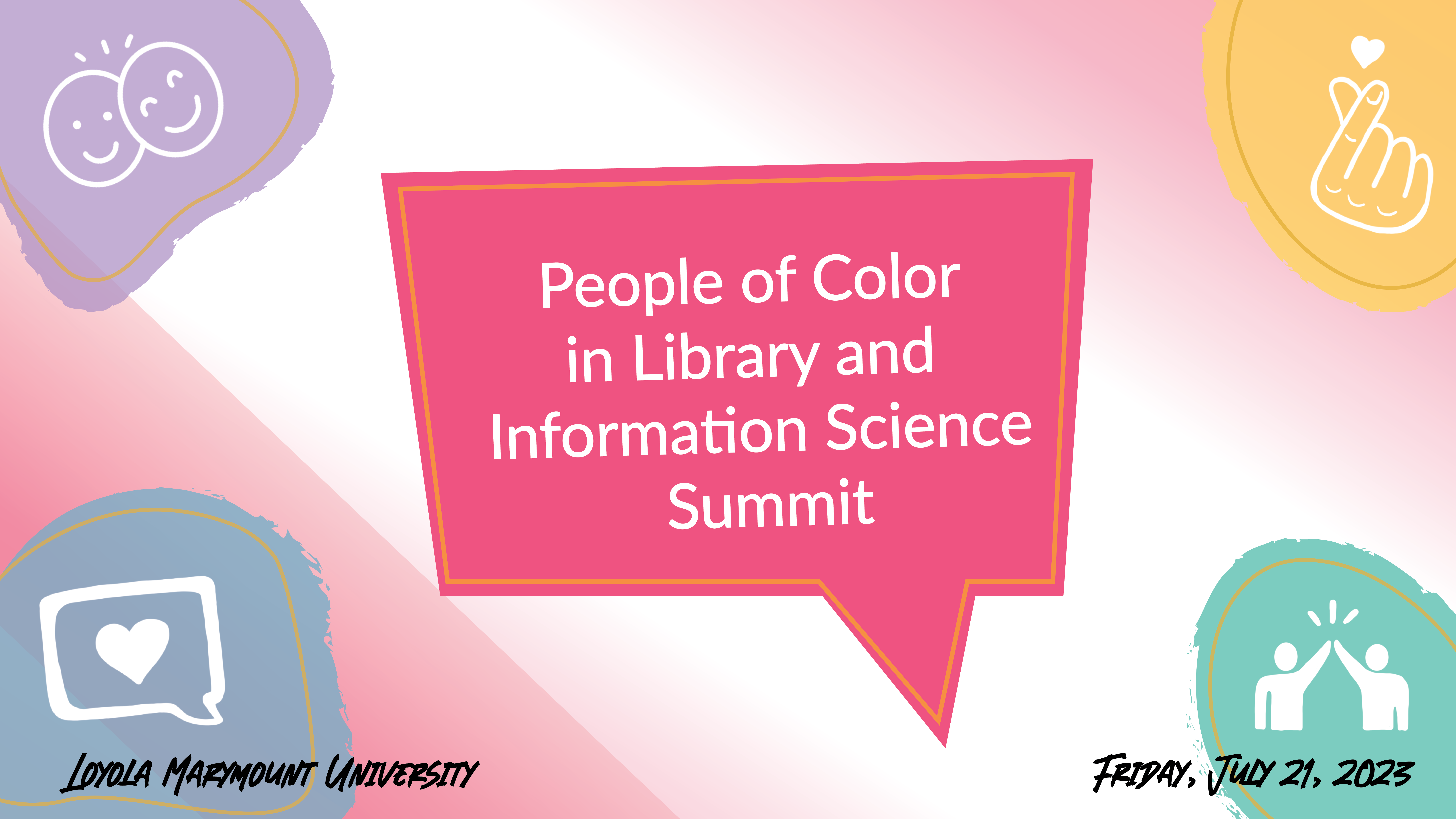
Blank
Description
"Despite the racial and tribal diversity in the state, Arizona archival collections are dominated by white narratives that promote white supremacy, settler colonialism, and dehumanize Black, Indigenous, and People of Color (BIPOC) who have lived on this land for centuries. ASU Library’s Community-Driven Archives (CDA) Initiative and Labriola National American Indian Data Center is engaging and building relationships with these historically marginalized communities. This presentation will highlight how we, as BIPOC and/or LGBTQ archivists and librarians, can foster intersectional solidarity, equity, justice, community healing, autonomy, decolonization, and sovereignty through community-driven archives. Our teams are addressing inequities and erasure by empowering BIPOC communities through educational workshops and events. We promote life-long learning by showing communities how to preserve their own history for future generations. We seek to create intergenerational and intersectional safe spaces that encourage community healing, acknowledge historical trauma, and change patterns of anti-blackness, racism, homophobia, and transphobia, all products of colonialism within BIPOC and LGBTQ communities. Our CDA teams and community members are dismantling white power structures, challenging the way historical records are created and redefining what an archive is, what should be included in their archive, who should have access to these archives, and how cultural protocols influence community archives."
Blank
"Despite the racial and tribal diversity in the state, Arizona archival collections are dominated by white narratives that promote white supremacy, settler colonialism, and dehumanize Black, Indigenous, and People of Color (BIPOC) who have lived on this land for centuries. ASU Library’s Community-Driven Archives (CDA) Initiative and Labriola National American Indian Data Center is engaging and building relationships with these historically marginalized communities. This presentation will highlight how we, as BIPOC and/or LGBTQ archivists and librarians, can foster intersectional solidarity, equity, justice, community healing, autonomy, decolonization, and sovereignty through community-driven archives. Our teams are addressing inequities and erasure by empowering BIPOC communities through educational workshops and events. We promote life-long learning by showing communities how to preserve their own history for future generations. We seek to create intergenerational and intersectional safe spaces that encourage community healing, acknowledge historical trauma, and change patterns of anti-blackness, racism, homophobia, and transphobia, all products of colonialism within BIPOC and LGBTQ communities. Our CDA teams and community members are dismantling white power structures, challenging the way historical records are created and redefining what an archive is, what should be included in their archive, who should have access to these archives, and how cultural protocols influence community archives."



